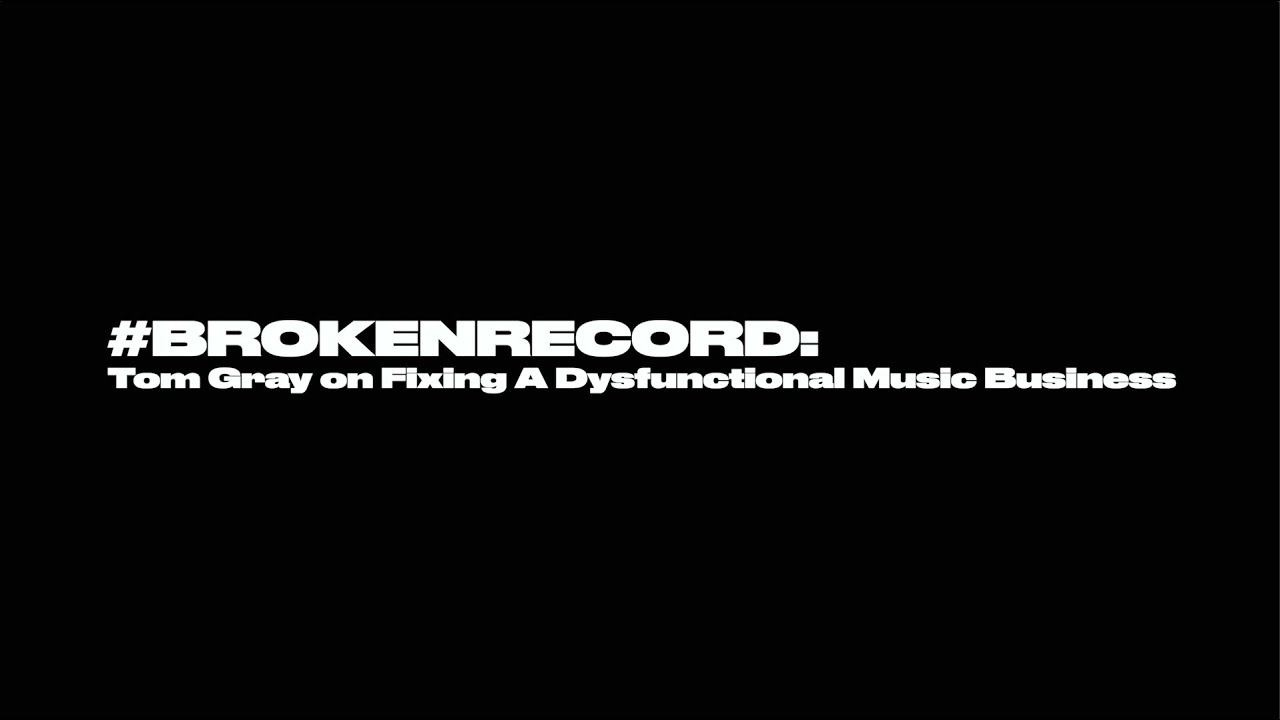The coronavirus pandemic has inflicted significant damage on many people’s earnings, and amongst those who’ve suffered significantly are musicians, for whom this year’s restrictions have suspended a vital source of cash: performance income.
By the time lockdown had arrived, Britain’s Musician’s Union said its members had already reported more than £13.9 million in lost revenue, while a few weeks ago, a survey of 2,000 members found that 34% are considering quitting the industry altogether. A similar number haven’t been eligible for any form of relief scheme since lockdown began, and even the British government’s much feted £1.57 billion rescue package, announced in July, was aimed at arts organisations, not individuals, leaving musicians adrift.
Musicians have been increasingly financially vulnerable for some time, and technological ‘advances’ have only worsened this predicament, <a href=” https://thequietus.com/articles/06318-how-the-music-industry-is-killing-music-and-blaming-the-fans” target=”out”> something I documented in a widely read feature almost a decade ago. The current crisis has only made these problems more pressing, and earlier this year Gomez’s Tom Gray founded the #brokenrecord campaign, which has since won significant support, not least from a broad variety of artists, including David Crosby, Slowdive, REM’s Mike Mills, The Charlatans’ Tim Burgess (not to mention his Listening Parties) and KT Tunstall.
As Gomez’ vocalist and multi-instrumentalist, Gray may seem an unlikely saviour for those at the blunt end of this catastrophe, something he willingly admits, but he’s an undeniably valuable, passionate and candid one. An Ivors Academy Board Director and a PRS For Music Council Member, he also studied politics at university, making him unusually savvy and well connected when it comes to the way the business works. "I was very engaged with politics," he recalls of his time at university, "and I thought that was what I was going to do with my career, with my life…"
Though coverage of his crusade has focussed most on the controversial nature of streaming royalties, Gray – an unusually articulate defender of musicians’ rights – argues that the current emergency faced by his associates is symptomatic of a far greater problem: the music business’ systemic injustices. "Whichever layer you get to in the cake," he laughs in disbelief, "you realise how horrible and exploitative it is."
In September, <a href=” https://www.villvillvest.no/om-vill-vill-vest-2” target=”out”> Bergen’s Vill Vill Vest conference – which sadly proved another casualty of the pandemic – was due to share an interview I’d just conducted with Gray via Zoom. Covering topics from the inequalities of streaming payments – "I’ve long felt that it makes no sense that Spotify and Apple and all these other companies can make billions, and we’ve accepted that musicians don’t make any money from recorded music" – to the ethical failures at the heart of record deals – "It’s deeply wrong and it shouldn’t be happening anymore" – via shady accounting practises and recent proposals for fairer remuneration, it’s a fascinating, outspoken discussion that no musician, nor indeed music fan, can afford to miss.
Available just below via tQ, this wide-ranging, enlightening, 45-minute discussion finds Gray explaining the motivation behind his activism as well as highlighting in plain terms far more fundamental problems within the business, whether contractual, structural or financial. "I think primarily what we have to do is what’s best for music," he concludes, "and right now music is in about as bad a health as it could possibly be…"



